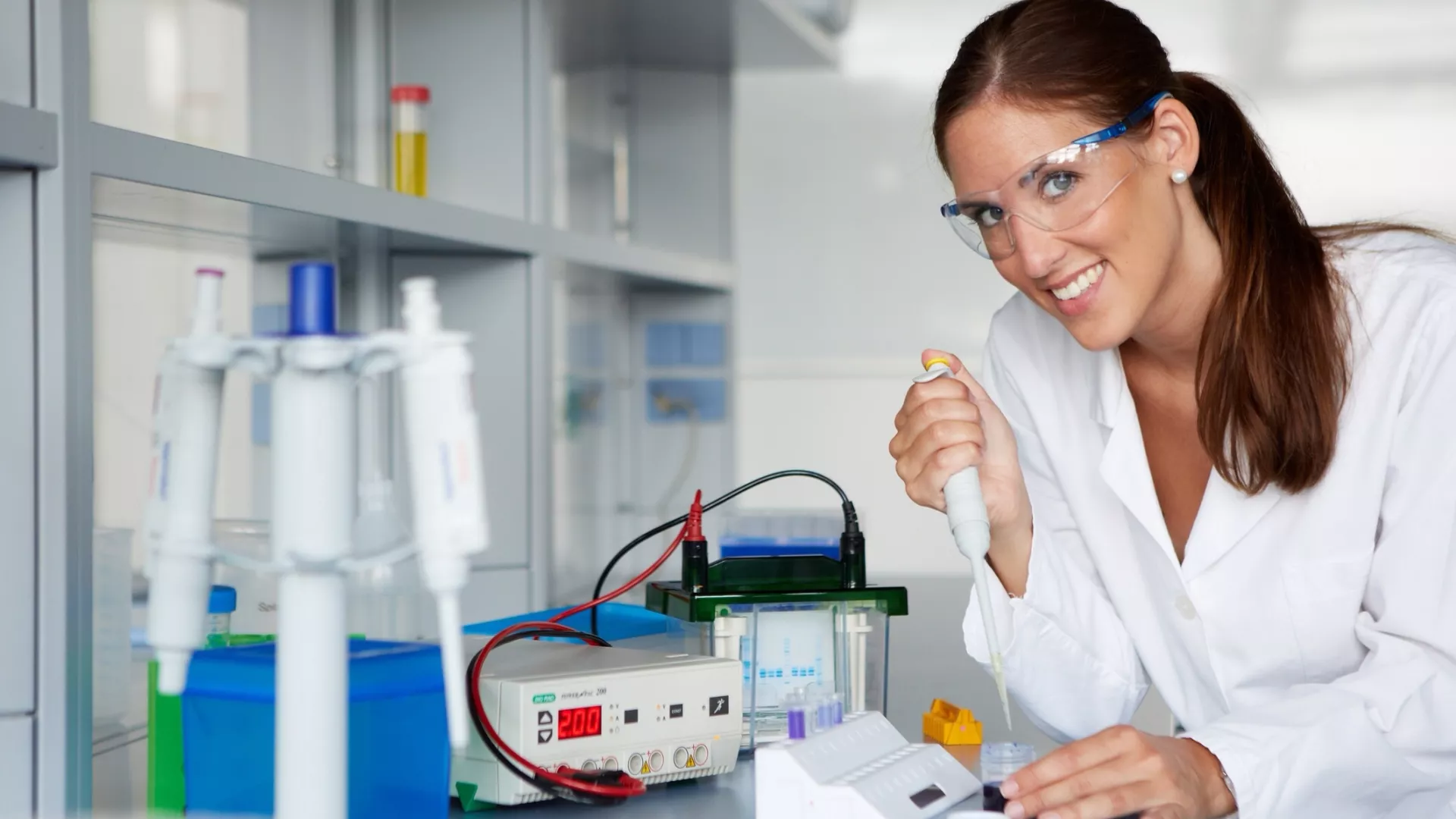Analytical Method Validation

Analytical methods used for the production and testing of active pharmaceutical ingredients (API) or medicinal products as well as for qualification, validation and purification processes must be validated according to the current regulatory requirements.
Analytical procedures are validated according to the ICH Q2(R1) regulations, which were transferred into European law by the CPMP/ICH/281/95 regulation. The guideline only provides a very rough framework, which must be filled by the user according to the current state of science and technology. This set of rules is to be understood as a binding framework for the validation of analytical methods but must be further specified and interpreted method-specifically based on the type of testing carried out (identity, content, purity (impurities)) and the analytical method. As a result, also due to the complexity of diverse and newly developed methods, method validation requires a great deal of method-specific expertise on the part of the user as well as careful consideration of risk management. Currently, the set of rules is being fundamentally revised and supplemented by method-specific requirements. Furthermore, a separate set of rules (ICH Q14) for method development including a life cycle consideration is being newly created. Depending on the intended use of the method, the specificity/selectivity, working range, linearity, precision, accuracy as well as detection and detection limits of the method must be determined; acceptance criteria must be defined in advance of the validation and given limit values must be in compliance.
Depending on the planned application, pharmacopoeial methods can be used after verification and without prior validation, provided that all pharmacopoeial specifications are met. The scope of verification must also be determined based on the planned application and the risks arising for the product and the method and will in part have to be supplemented by individual validation tasks. If the method has already been established in another laboratory, the risk-based method transfer is suitable in this case.
The proof of system suitability is processed as daily standard and secures the analysis carried out but does not replace the validation of the method. Currently, it is rather expected that trend analyses are carried out with the help of the results of the system suitability samples in order to recognize changing conditions as early as possible. In addition, the validity of a validation is no longer considered indefinite, so that revalidations or validation reviews must be carried out at risk-based intervals.
Valicare offers detailed training as an introduction to this complex of topic. We advise and support you in the planning, documentation and evaluation of verifications and validations as well as in method transfers and in the preparation of the correspondingly necessary risk analyses. Thanks to the competence and many years of practical experience of our staff in almost all areas of quality control, we are able to support you in a wide range of analytical methods, from small molecule drugs to advanced therapy medicinal products (ATMPs). All common chemical and biochemical analysis and coupling techniques as well as cell and molecular biological analysis and functional assays have been successfully applied by our experts in practice, which allows us to fully support you in the preparation of the required documentation, the planning of the experiments and the interpretation of the analytical data.
We offer support for analysis and coupling techniques:
We offer support for the following cell and molecular biological analysis and functional assays:
Support in the development and establishment of GMP-compliant analytical methods and in method validation in the context of manufacturing medical devices round off our range of services in this field.
Please do not hesitate to contact us about this topic.
Here you will find the service summarized in a brochure: